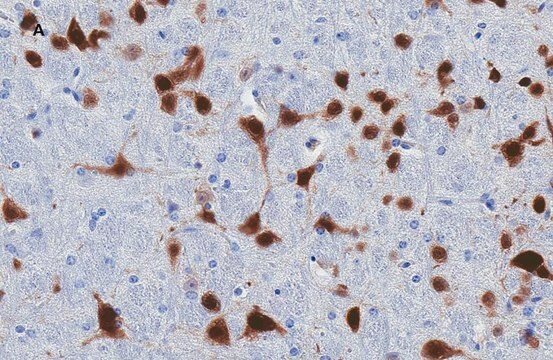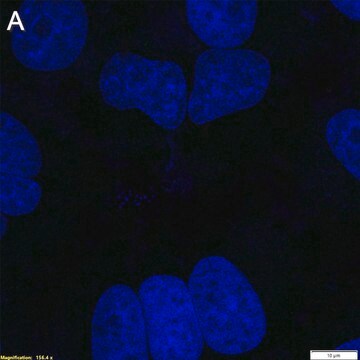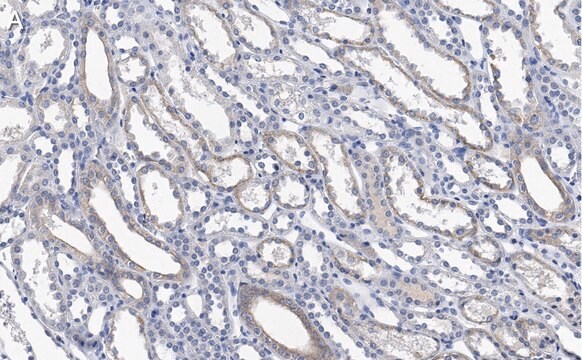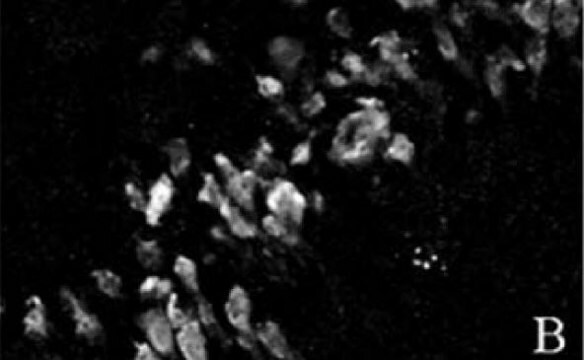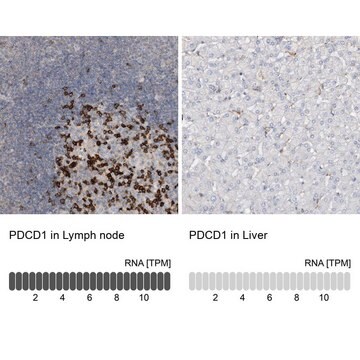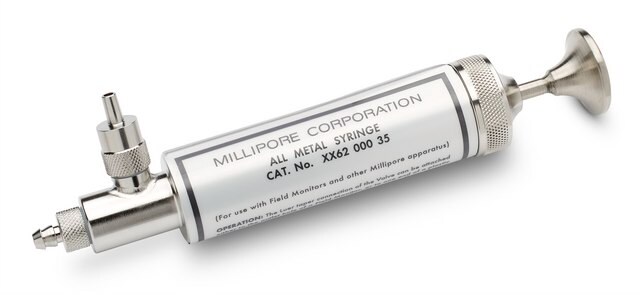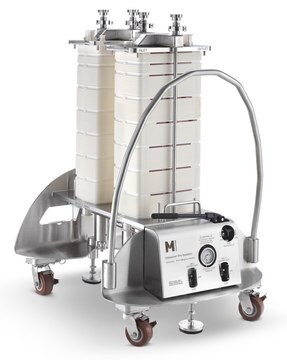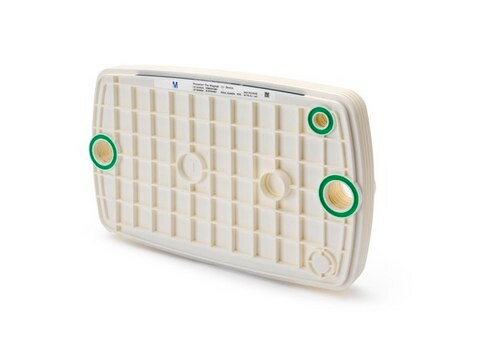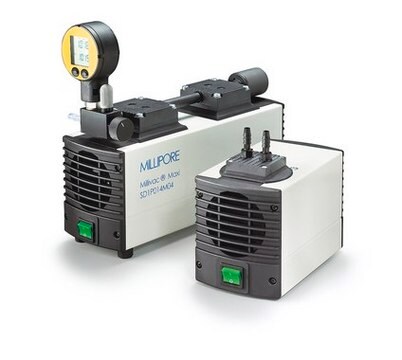ZRB1856
Anti-14-3-3 β/α Antibody, clone 1D15 ZooMAb® Rabbit Monoclonal

recombinant, expressed in HEK 293 cells
About This Item
Recommended Products
biological source
rabbit
Quality Level
recombinant
expressed in HEK 293 cells
conjugate
unconjugated
antibody form
purified antibody
antibody product type
primary antibodies
clone
1D15, monoclonal
recombinant monoclonal
description
1D15 Clone
product line
ZooMAb® learn more
form
lyophilized
mol wt
calculated mol wt ~28.08 kDa
observed mol wt ~28 kDa
species reactivity
human, monkey
species reactivity (predicted by homology)
sheep, rat, bovine
packaging
antibody small pack of 25 μL
greener alternative product characteristics
Waste Prevention
Designing Safer Chemicals
Design for Energy Efficiency
Learn more about the Principles of Green Chemistry.
enhanced validation
recombinant expression
Learn more about Antibody Enhanced Validation
sustainability
Greener Alternative Product
technique(s)
ELISA: suitable
affinity binding assay: suitable
western blot: suitable
isotype
IgG
UniProt accession no.
greener alternative category
shipped in
ambient
storage temp.
2-8°C
target post-translational modification
unmodified
General description
Each ZooMAb antibody is manufactured using our proprietary recombinant expression system, purified to homogeneity, and precisely dispensed to produce robust and highly reproducible lot-to-lot consistency. Only top-performing clones are released for use by researchers. Each antibody is validated for high specificity and affinity across multiple applications, including its most commonly used application. ZooMAb antibodies are reliably available and ready to ship when you need them.
Specificity
Immunogen
Application
Evaluated by Western Blotting in HeLa cell lysate.
Western Blotting Analysis: A 1:10,000 dilution of this antibody detected 14-3-3 β/a in HeLa cell lysate.
Tested Applications
Western Blotting Analysis: A 1:10,000 dilution from a representative lot detected 14-3-3 β/a in SHSY5Y and COS-1 cell lysates.
ELISA Analysis: 1.0 μg/mL from a representative lot detected recombinant 14-3-3 β/a.
Affinity Binding Assay: A representative lot of this antibody bound 14-3-3 b/a peptide with a KD of 2.3 x 10-6 in an affinity binding assay.
Note: Actual optimal working dilutions must be determined by end user as specimens, and experimental conditions may vary with the end user
Target description
Physical form
Storage and Stability
Legal Information
Disclaimer
Not finding the right product?
Try our Product Selector Tool.
Storage Class Code
11 - Combustible Solids
WGK
WGK 1
Flash Point(F)
Not applicable
Flash Point(C)
Not applicable
Choose from one of the most recent versions:
Certificates of Analysis (COA)
Don't see the Right Version?
If you require a particular version, you can look up a specific certificate by the Lot or Batch number.
Already Own This Product?
Find documentation for the products that you have recently purchased in the Document Library.
Our team of scientists has experience in all areas of research including Life Science, Material Science, Chemical Synthesis, Chromatography, Analytical and many others.
Contact Technical Service